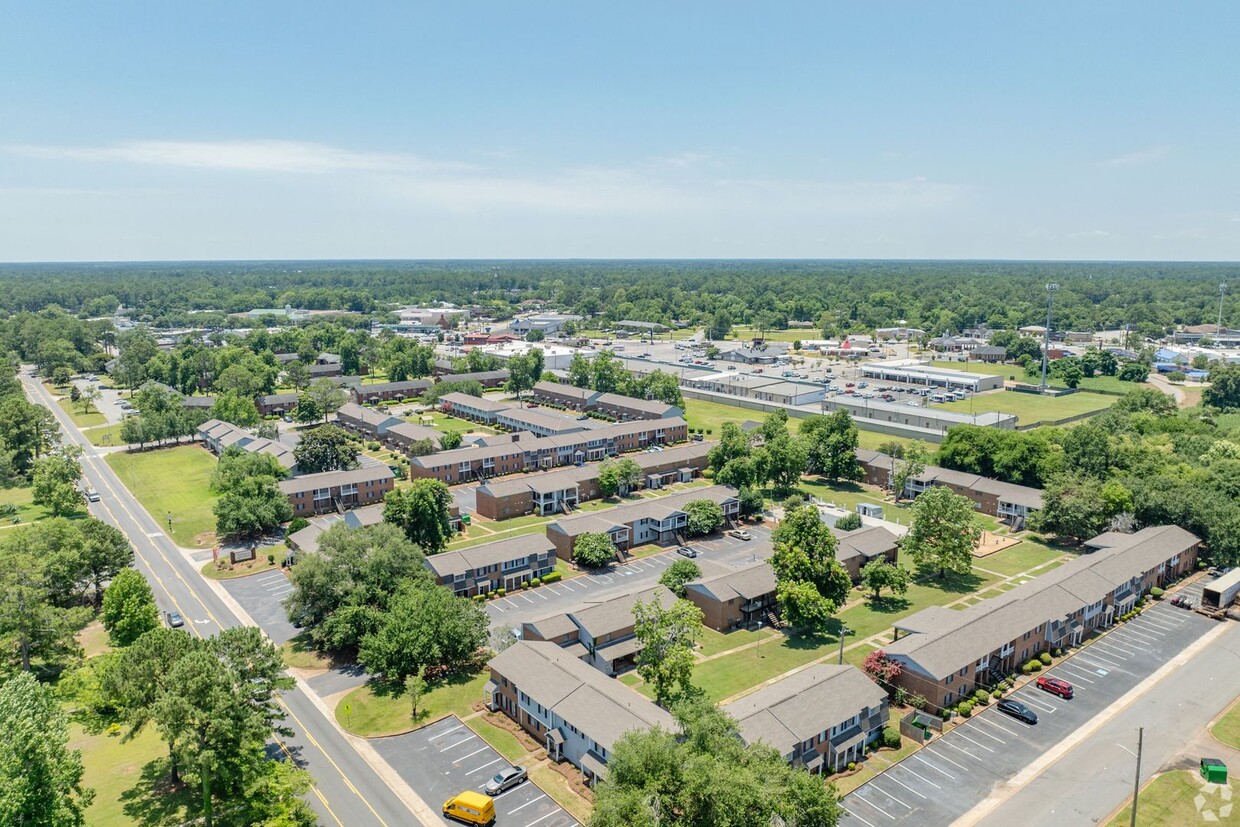Investing in Affordable Housing: A Prudent Move or a Risky Proposition?
Investing in Affordable Housing: A Prudent Move or a Risky Proposition?
Investing in real estate has long been considered a safe and potentially profitable avenue for growing one’s wealth. But within the vast world of real estate, a particular segment often sparks debate: Affordable Housing. For investors, the prospect of investing in this type of housing can be a divisive topic, with myths and misconceptions circulating. In this comprehensive guide, we’ll delve deep into the world of affordable housing investments, addressing what it truly entails, debunking common myths, and exploring its benefits. By the end of this article, you’ll have a clearer perspective on whether this is a wise investment for you.
Understanding Affordable Housing
Before we dive into the investment aspects, let’s clarify what affordable housing is and what it is not. Affordable housing refers to residential properties designed to be economical to individuals or families with lower incomes. These homes are often subject to rent or price restrictions, ensuring that a portion of the population can access decent and safe housing without an excessive financial burden. This type of housing is not synonymous with low-quality housing, nor does it solely cater to those in dire economic straits. It’s a response to the broader housing crisis, offering a range of housing options to cater to different income levels.
Debunking Common Myths
- Lower Returns on Investment: One of the most prevalent myths about affordable housing is that it yields lower investment returns compared to higher-end properties. While it’s true that the profit margins may not be as substantial, they often provides more stable, long-term cash flows. Additionally, it can offer lower vacancy rates and a steady demand, making it a reliable source of income for investors.
- Higher Maintenance Costs: Some investors believe that affordable housing properties come with higher maintenance costs due to the assumption that lower-income tenants may not care for the property as well. However, with proper screening and management, maintenance costs can be controlled, and properties can be well-maintained.
- Risk of Non-Payment: Concerns about tenants’ ability to pay rent on time can deter investors. While it’s essential to conduct thorough tenant screenings, affordable housing properties can benefit from government-backed rental assistance programs, reducing the risk of non-payment.
Benefits of Investing in Affordable Housing
Now that we’ve dispelled some common myths, let’s explore the advantages of investing in affordable housing:
- Steady Cash Flow: Affordable housing properties often have lower turnover rates, providing a consistent stream of rental income. This stability can be especially appealing to investors seeking predictable cash flow.
- Tax Benefits: Many governments offer tax incentives to encourage affordable housing investments. These incentives can include deductions, credits, or favorable depreciation schedules, reducing your tax liability.
- Reduced Competition: Affordable housing properties tend to face less competition from institutional investors and foreign buyers, allowing individual investors to find opportunities in less saturated markets.
- Long-Term Demand: The need for affordable homes is a global issue. As populations grow and urbanization continues, the demand for housing remains strong, ensuring a consistent pool of potential tenants.
- Community Impact: Investing in properties that are affordable can be socially rewarding. It allows you to make a positive impact on your community by providing housing options to those who need them.
The Necessity of Affordable Housing
Beyond the financial benefits, it’s essential to recognize the societal importance of affordable housing. The housing crisis is a pressing issue in many parts of the world. The lack of homes that are accessible not only impacts individuals and families but also affects the overall stability of communities.
Investing in homes that are affordable contributes to addressing this crisis, ensuring that a portion of the population isn’t forced into inadequate or unsafe living conditions. It’s not just a wise investment; it’s a responsible and socially conscious choice that aligns with the growing demand for housing solutions.
The Future of Real Estate Investments
As investors, we must adapt to changing market dynamics. In an era where affordable housing is in high demand, it’s becoming increasingly evident that it represents the future of real estate investments. The housing crisis isn’t going away anytime soon, making affordable housing a resilient and profitable niche within the real estate market.
Investors who recognize this trend and position themselves accordingly are likely to enjoy strong cash flows and steady returns. By investing in affordable housing, you not only secure your financial future but also contribute to solving a critical social issue.
Wrapping Up
Is Affordable Housing a wise investment for investors? The answer, based on a thorough examination, is a resounding “yes.” It offers financial stability, tax benefits, reduced competition, and the potential for positive community impact. Moreover, it addresses the pressing issue of the housing crisis, making it a responsible choice for investors who seek both financial gains and social contributions. In an ever-evolving real estate landscape, embracing this option as a viable investment can be a wise move. As the demand for homes continues to rise, it’s clear that these investments are not just financially sound but also a step towards a more equitable and sustainable future. So, for investors seeking a blend of profit and purpose, affordable housing stands as a compelling choice in the realm of real estate investments.
The Bottom Line
Affordable Housing investments can be very tricky. Do you have questions about Affordable Housing investments ? … Are You interested in investing in an Affordable Housing Portfolio ? Why venture down this road alone ? Let SIMM Capital guide you to financial rewards.
We live it and breath the industry – at SIMM Capital our investment strategy is to give everyone the chance to build wealth through real estate. We seek the best assets that hold the largest opportunities while delivering in rent growth year over year. We know the business. To see how we can help you with your Real Estate investments , talk to an expert and click the link www.simminc.com




Recent comments